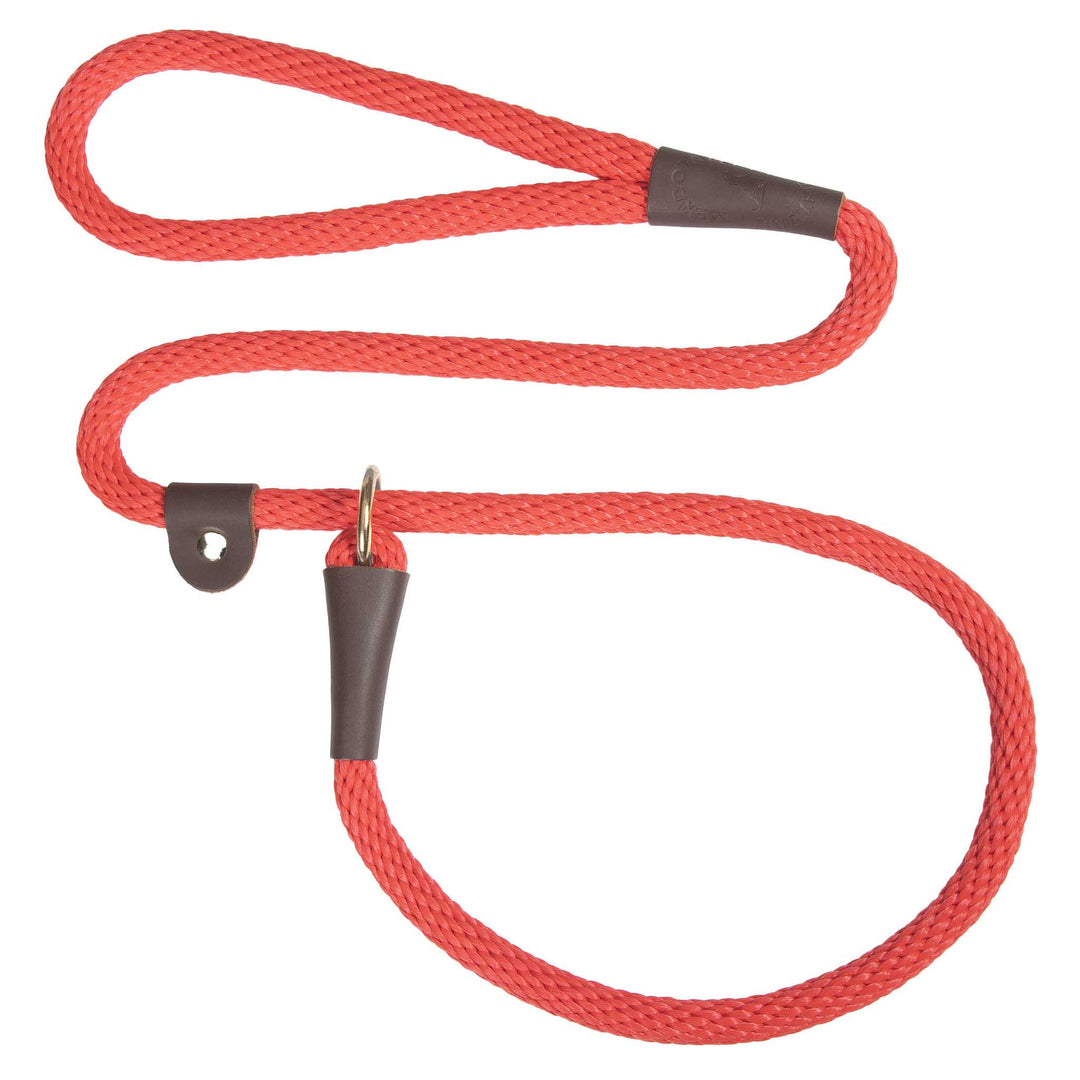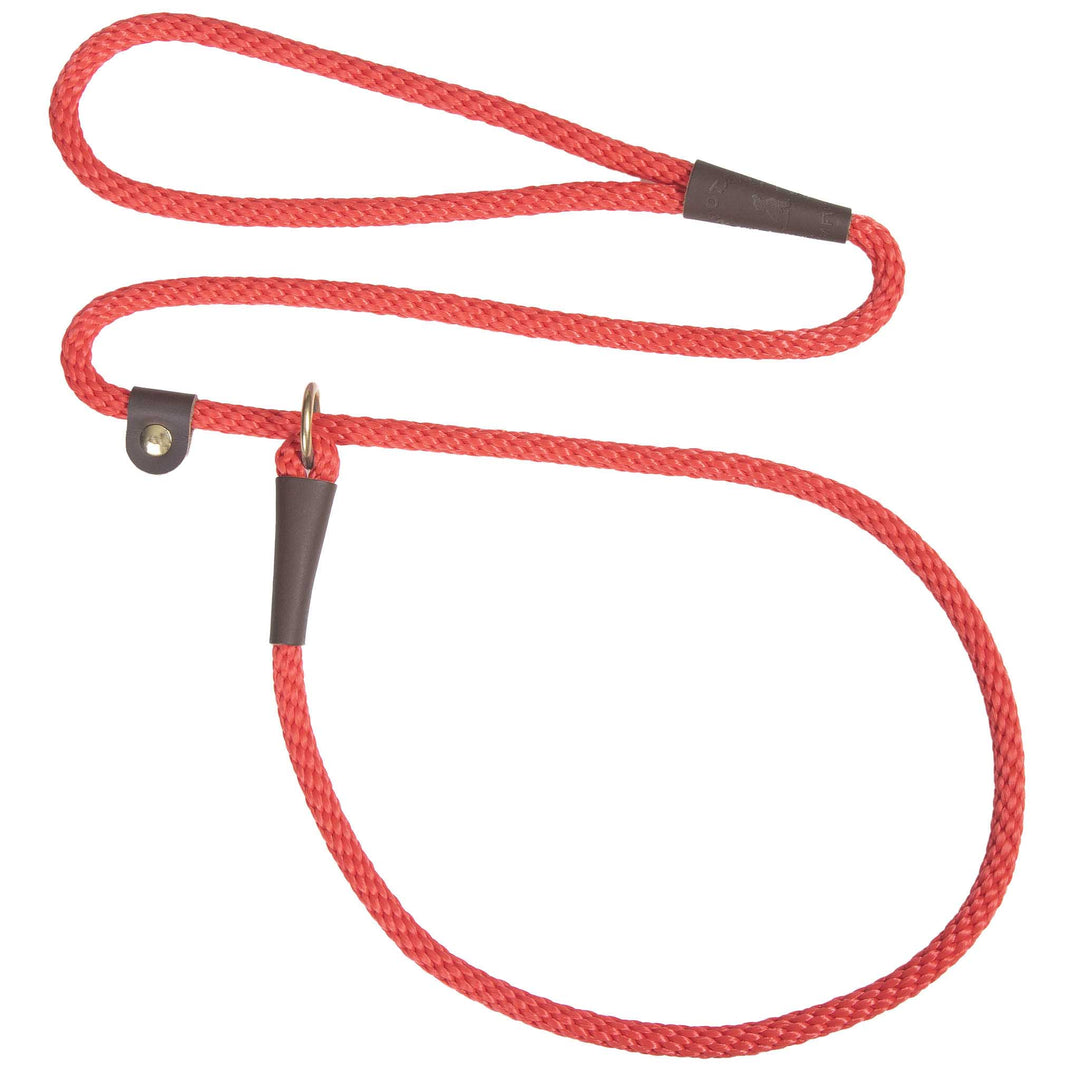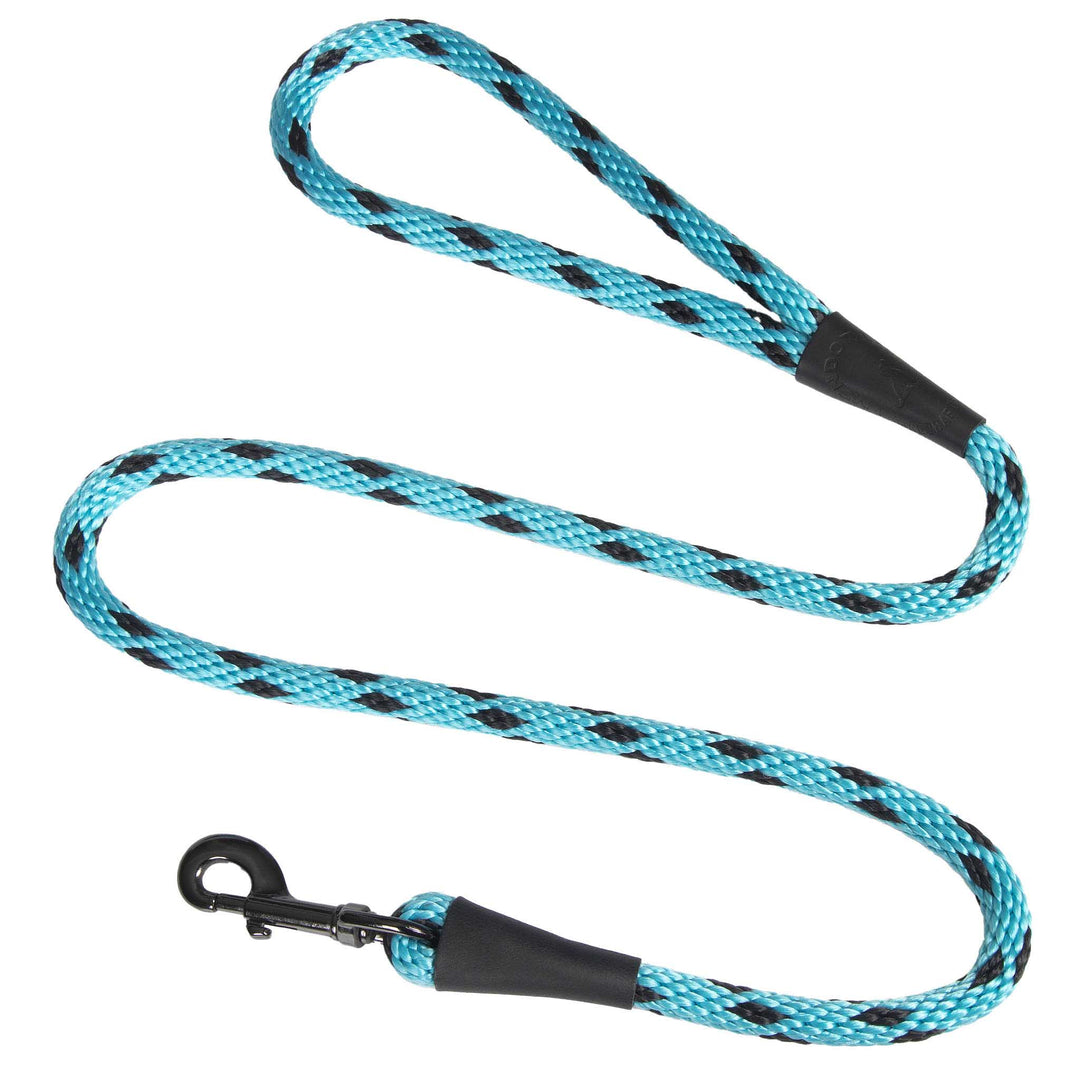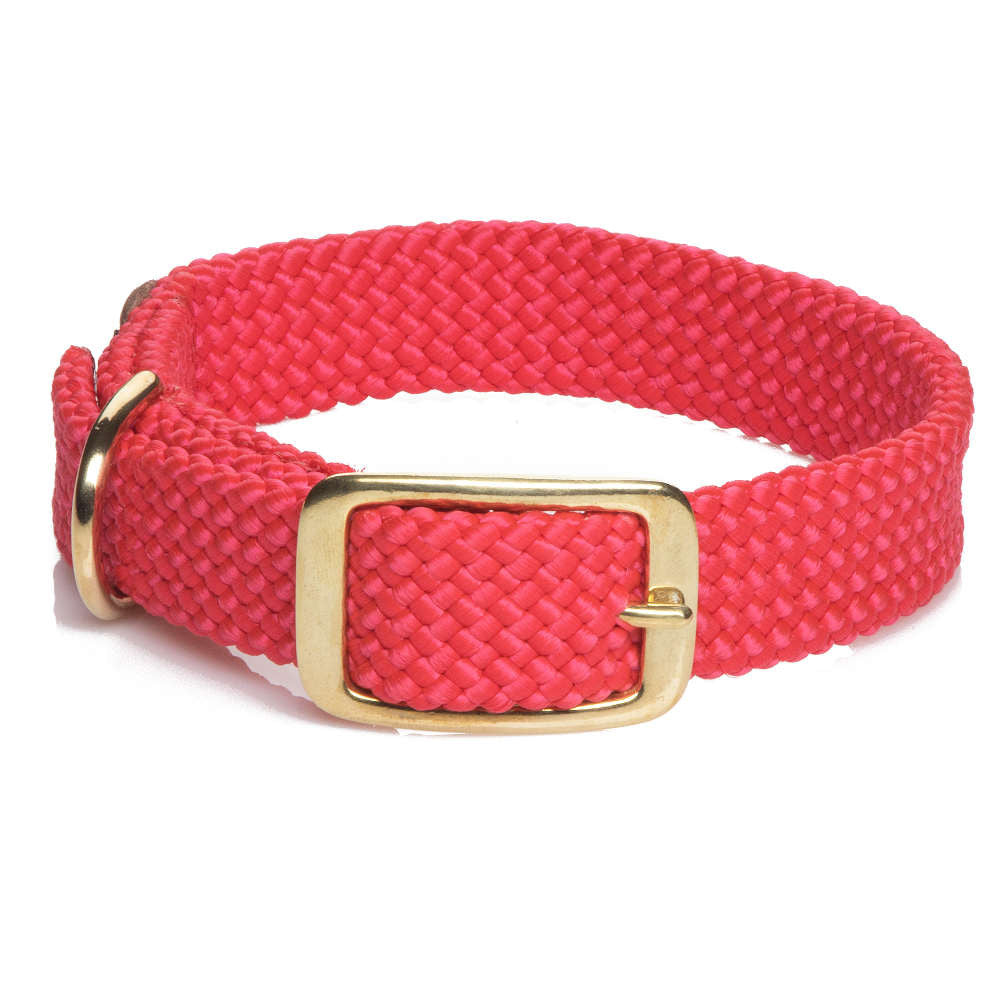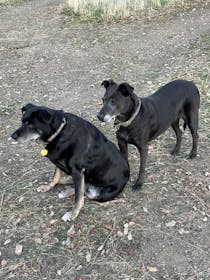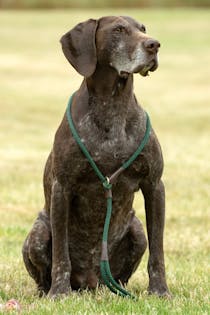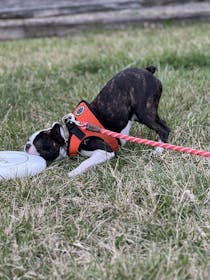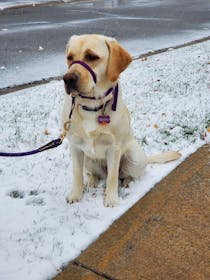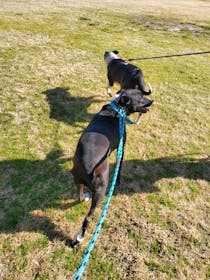How Daylight Savings Time Impacts Your Dogs

Early Sunday morning, on March 14, most of the USA will be setting their clocks forward one hour as we “spring ahead” to summer. In the process, we lose an hour of sleep, and that hour won’t return until November 7, 2021.
How Light Impacts Our Dogs
Our pets are creatures of light and shadows. Just like us, light impacts their sleep, their eating habits and even their behavior. When our routines change, so do our pets'.
Unfortunately, our dog’s circadian rhythm overrides the human construct of time. They may wake up at 6 am to go potty but sadly discover they have to wait an hour to be allowed out, or worse, have to go on demand an hour earlier. An hour time change can make a big difference for small bladders!
Younger dogs, senior dogs, and infirm dogs are the ones to feel this impact most intensely.
Be Patient with Potty Times
Potty habits may change and there could be an accident or two as your pets adjust to the new time. While an hour is usually not enough time to impact the potty times of mature pets, it can be a problem if they are very young, very old or infirm.
Be patient with your pets, and much more forgiving, as their bodies adjust to the change. Be sure to have plenty of Salmon Sticks on hand for rewards!
Feeding Times
Meals are also served at different times - and since a dog can't tell time, they merely go by the rumbling of their tummies. If they have to eat an hour later or an hour earlier, it can impact their eating habits.
That also means our dogs get to eat an hour earlier. While most dogs will applaud this move, other dogs will refuse to eat until after they’ve had their 8 hours. Just be a bit more patient with the slow eaters. Our Digestive Enzymes and Probiotics can make this time a little easier on everyone.
Just like you, sleep will be cut short by an hour during daylight savings time and the sun sets a bit later.
The outdated tradition of switching to daylight savings time causes no end of aggravation to most people (and many pets). But, we have some suggestions on how to mitigate these changes.
Make the Change Early
A good practice is to make a gradual switch to daylight savings a few days earlier in 10-15 min increments. This will help you and your dog adjust a lot easier.
Take Longer Walks
While losing an hour of sleep may not be a great thing for our pets, having extra daylight for a long walk is a good thing. There are many benefits to walking your dog, including:
- Reducing blood pressure
- Reducing stress
- Improving mental wellbeing
- Improving behavior
Longer Days = More Time for Naps
Dogs are creatures of habit and that means their accommodation of our schedule results in the need for longer, and more frequent, naps. As humans, we should follow our dog’s lead.
Explore Natural Supplements
If you do find you or your dog need a sleeping aid, choose one that is all-natural. Chewing on valerian root or drinking herbal tea before bed will help you fall, and stay asleep.
Retrieve Calm Time can help your dog fall out easier in the evening. Featuring chamomile, passion flower, L-tryptophan and melatonin makes it much easier to settle dogs for sleep.
No matter how you and your dog feel about feeding and sleeping time changes, we know that you’re inwardly excited about the move to spring. Go ahead and pick up that 15’ lead for those walks on the beach, romps on the lawn, and camping in the woods.
Longer days equate to longer walks, more naps in the sun and best of all, more time with you!




